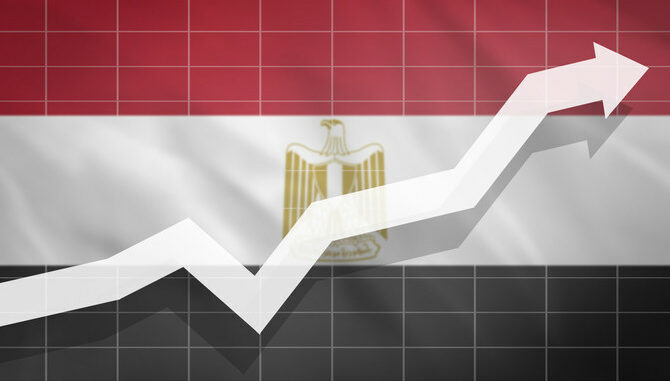
Egypt’s economy has shown remarkable resilience amid global uncertainties, achieving a solid 3.5% growth in the first quarter of the 2024/25 fiscal year, a notable improvement from last year’s 2.7%. This progress reflects the nation’s commitment to fostering sectoral diversity and overcoming external challenges such as geopolitical tensions, and a volatile global market.
Leading the charge was the non-petroleum manufacturing sector, which expanded by an impressive 7.1%. This growth was bolstered by streamlined customs procedures and better access to essential production inputs, resulting in a 6% average growth in the industrial production index, excluding oil and petroleum refining. These gains underscore the effectiveness of government policies aimed at strengthening manufacturing capabilities and supporting industrial growth.
The transportation and storage sector emerged as a standout performer, growing by a remarkable 15.6%. Infrastructure upgrades and operational improvements fueled this surge, with rail and metro systems experiencing increased passenger use and a significant uptick in freight activity. This sector’s success highlights the long-term benefits of strategic investment in transportation networks.
Tourism continued its recovery with an 8.2% growth rate, driven by a resurgence in global travel and targeted efforts to enhance Egypt’s appeal as a destination. Tourist stays climbed to 51.6 million nights, injecting much-needed foreign currency into the economy and reinforcing the sector’s vital role in national development.
Not all sectors shared in the positive momentum. The Suez Canal experienced a sharp 68.4% contraction in revenues, falling to $970 million from $2.6 billion last year. This decline, attributed to reduced vessel traffic amid geopolitical tensions, serves as a reminder of the challenges facing global trade.
The extraction sector faced difficulties, contracting by 8.9% due to a 6.2% drop in oil activity and an 18.8% decline in natural gas production. Despite these setbacks, optimism remains high as new exploration projects are set to come online, alongside efforts to resolve financial obligations to foreign energy partners.
On a brighter note, exports grew by 3.9%, reaching $10.46 billion, with pharmaceuticals, perfumes, and ready-made garments driving the increase. Notably, pharmaceutical exports soared by 26.5%, reflecting strong demand. The telecommunications sector also sustained robust momentum, expanding by 12.2%, fueled by heightened demand for mobile and fixed-line services and significant investments in the industry.
